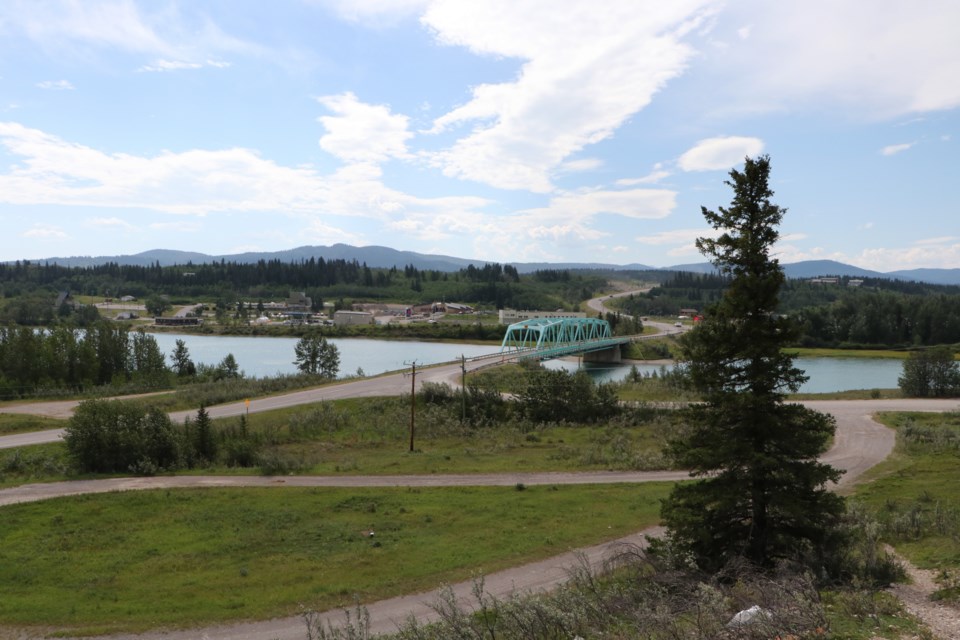STONEY NAKODA – A boil water advisory that was affecting between eight and 12 households in Mînî Thnî has been lifted as of Oct. 15.
Indigenous Services Canada posted the boil water advisory Oct. 11 as a precautionary measure in lieu of planned maintenance at the East Morley Water Treatment Plant, separate from the main plant supplying water to the townsite.
Simon Sihota, regional manager of environmental public health for Indigenous Services Canada in Alberta, said the work involved replacing older pipes and distribution headers within the treatment plant, which involved taking the water plant offline and depressurizing the system.
“Whenever you depressurize a water system, there’s always potential for back siphonage or backflow,” said Sihota. “Things can enter in, but in this case, we’re not necessarily worried about something being introduced from a pipe being broken – it’s just part of the process and a boil water advisory is issued until repairs are complete.”
Due to the pressure change and chance of backflow, the water line could have picked up general contaminants or bacteria. It’s a standard of practice to issue a boil water advisory when crews can’t verify whether backflow prevention is in place.
“The boil water is put in place just in case there’s an off-chance or low risk,” said Sihota. “If something did get in, by boiling the water, you would be making it safe to prevent any illness.”
Crews finished their maintenance work at the plant within a day and the water system has since been repressurized, flushed out and adequately disinfected. A suite of testing was also carried out to ensure the water was safe before lifting the advisory.
“Appropriate actions have been taken and follow-up bacteriological water results have been satisfactory,” reads the advisory cancellation from Indigenous Services Canada. “The water is now safe for purposes such as drinking, cooking, making infant formula or juice, brushing teeth, washing fruits and vegetables, or making rice.”
The households affected were asked to bring water to a rolling boil for at least one minute prior to any consumption, including but not limited to: drinking, making infant formula or juice, brushing teeth, washing fruits and vegetables, or making rice.
Before using the water, Indigenous Services Canada advises removing all aerator or screen devices from affected faucets, rinsing any sediment or debris from the aerator or screen devices and reinstalling them, and running hot and cold water faucets for at least five minutes before use.
Other steps include flushing, cleaning and sanitizing appliances with water line connections, such as fridges with water and ice dispensers, as per manufacturer's instructions, and running water softeners through a regeneration cycle following manufacturer's instructions.
Signs of consuming contaminated water could include gastrointestinal problems consistent with illnesses like giardia and cryptosporidium, including vomiting, diarrhea or cramping. Anyone that may experience these symptoms is asked to visit the Stoney Community Health Centre.
For more information on what to do when a boil water advisory ends, visit: rmwb.ca/en/news/resources/2022-01/FNIHB-AB-EPHS---After-an-Advisory-is-Lifted.pdf
The Local Journalism Initiative is funded by the Government of Canada. The position covers Îyârhe (Stoney) Nakoda First Nation and Kananaskis Country.




